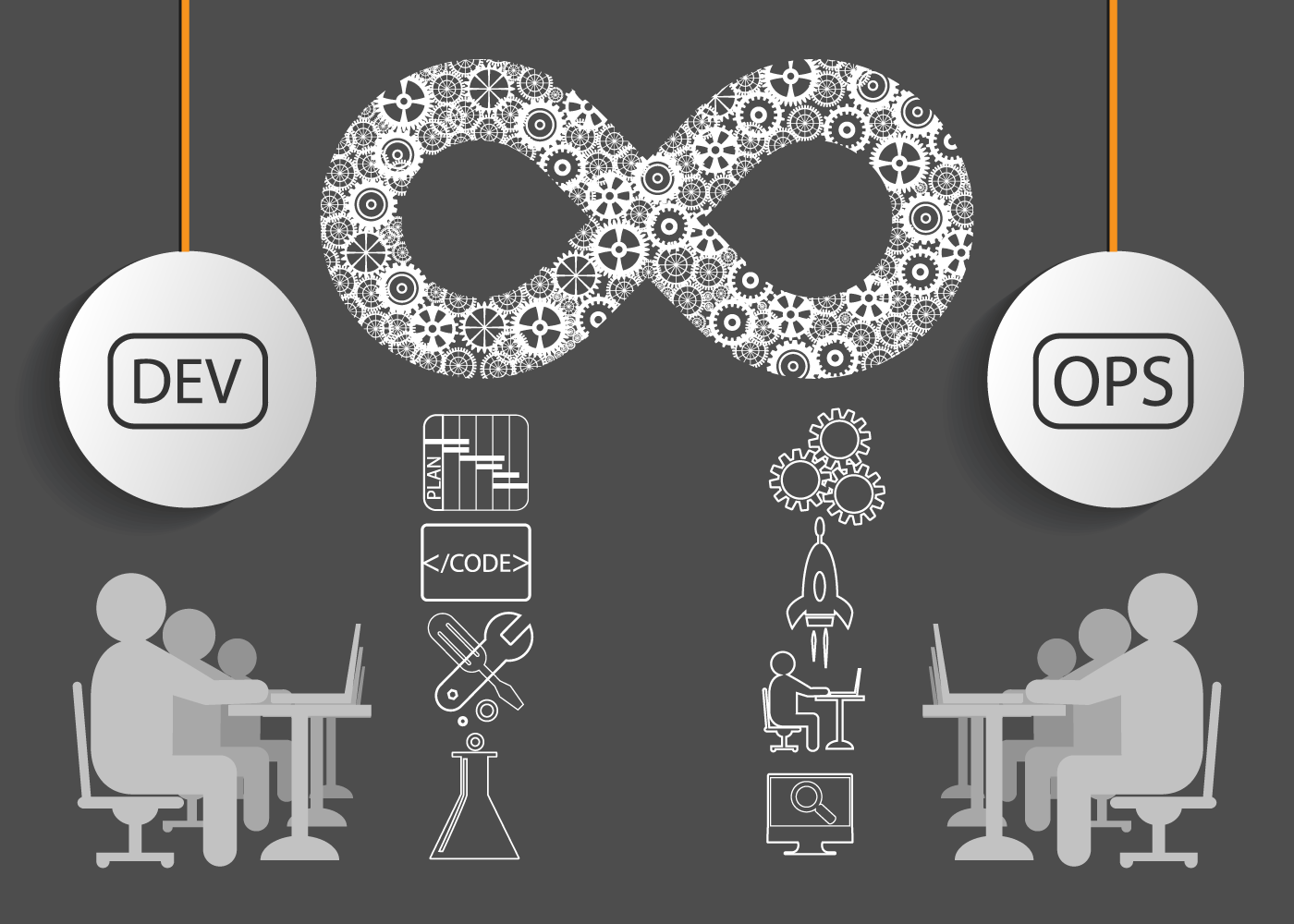
Forrester Research reports that DevOps adoption is accelerating, with roughly half of all IT organizations currently using the methodology. In spite of this growing enthusiasm for DevOps, most organizations are struggling to realize anticipated benefits.
Nearly three-quarters of respondents to a Ponemon Institute study said DevOps capabilities are important or essential, but only a third believe their organizations have the ability to deliver those capabilities. A study from CA Technologies produced similar results, noting that most companies faced a variety of cultural and operational challenges in making the shift.
DevOps is the general term for practices and tools designed to create a tighter relationship between software development and IT operations. By improving communication and collaboration between these two business units, DevOps helps organizations deliver applications and services faster and more efficiently than with traditional processes.
Respondents to the Ponemon survey believe that DevOps can improve their ability to complete projects on time (61 percent) and within budget (60 percent) and to maintain service quality (69 percent). The CA Technologies study found that companies with mature DevOps processes are seeing revenues and profits grow 60 percent faster than organizations with traditional development practices.
Getting to that point is hard, however. One issue is that organizations often have misconceptions about what they are getting into. There aren’t any DevOps standards or governing bodies — it is more a set of best practices and guidelines. However, there’s a tendency to focus on new tools rather than the processes. That often leads to clashes between development and operations teams about what tools and skills are needed.
Such clashes are part of a significant cultural challenge — it’s difficult to get everyone on board for an entirely new approach to the development and delivery of IT services. Development and operations teams that have operated independently are bound to have some turf wars when they are first required to collaborate.
Respondents to the CA Technologies survey also said they found it very difficult or challenging to find professionals with DevOps experience (77 percent) or experience working in collaborative, cross-team environments (67 percent).
None of these challenges is insurmountable. However, finding and hiring skilled professionals, changing organizational culture and developing strategy are time-consuming tasks. There’s a risk of falling behind faster-moving competitors while sorting through all the issues.
Technologent’s managed services approach is an excellent option for those organizations lacking the in-house expertise, tools and strategy to get the most out of DevOps on their own. Our certified professionals can work closely with your developers and operations teams to boost collaboration and accelerate the process of developing, testing and delivering applications.
We have the skillsets and tools that allow customers to quickly adopt DevOps and speed the process of getting high-quality code into production. This allows you to gain faster access to new apps that can drive productivity and business efficiency.
Additionally, we can relieve your IT staff of most of the DevOps operational activities, including release job management, toolchain management, application management, service management, reporting, governance and monitoring. We can also assist with management of the underlying compute, storage and network resources.
In today’s increasingly competitive markets, companies are looking to boost innovation and efficiency with fast and frequent application updates. DevOps is designed to facilitate this process, but organizations often struggle with the cultural shift. Technologent provides consulting, professional and managed services that aid in the transition.
Tags:
DevOps
October 17, 2018
Comments